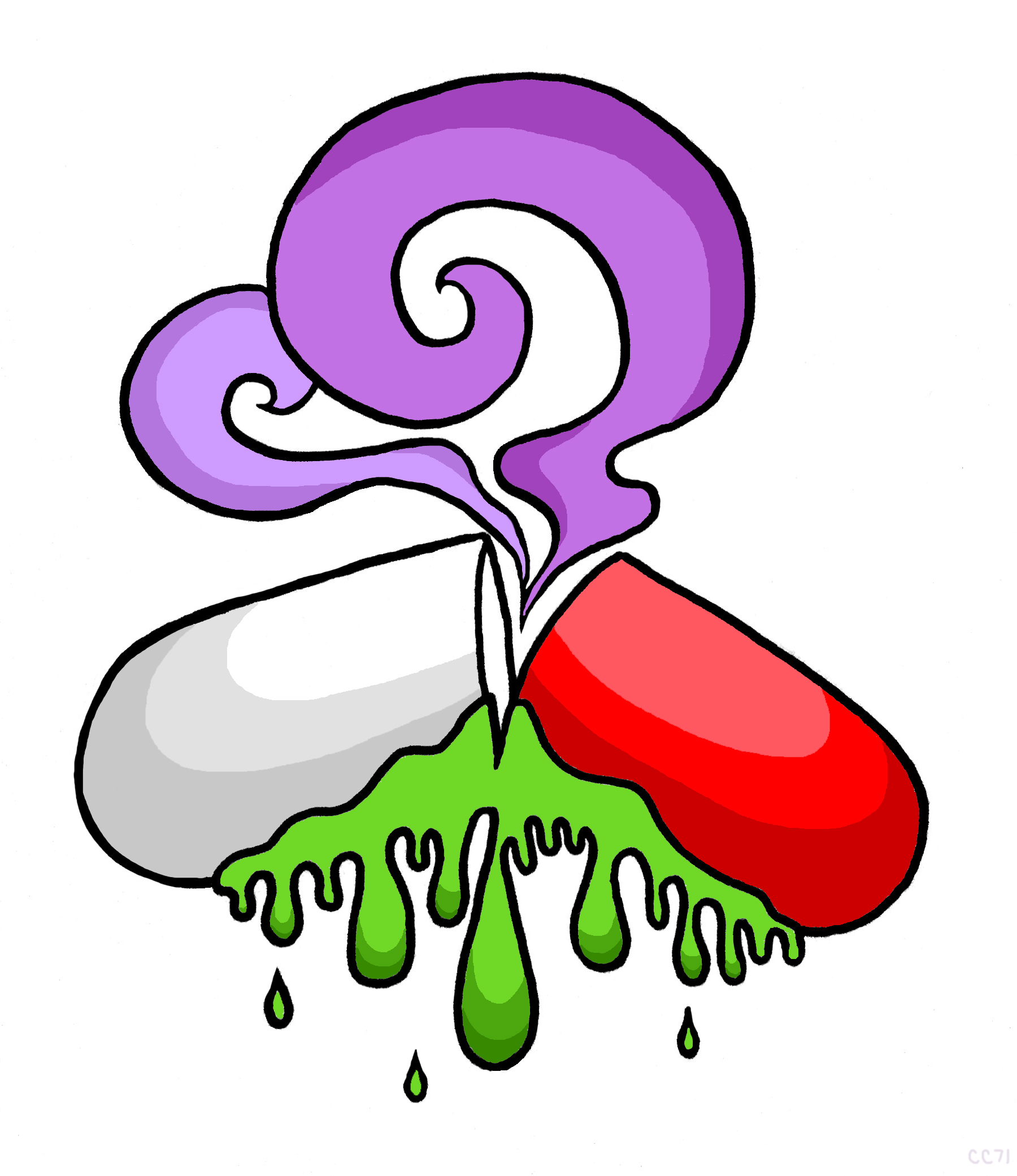The standards for drugs entering first-in-human (FIH) clinical trials are too low, argues Associate Professor Dr. Jonathan Kimmelman and PhD candidate Carole Federico in McGill’s Biomedical Ethics Unit. In a commentary published online in Nature on Jan. 30, Kimmelman and Federico maintain that evidence for drug efficacy is not emphasized enough before FIH trials and call for more thorough evaluation of the clinical promise of a drug before it is tested in humans.
Today, regulatory bodies in Europe and North America look for evidence of safety before drugs are tested in humans, but do not require evidence of drug effectiveness.
“We believe that many FIH studies are launched on the basis of flimsy, under-scrutinized evidence,” Federico and Kimmelman wrote.
The ALS Therapy Development Institute, which studies the motor-neuron disease made famous by the ice bucket challenge in 2014, has similarly determined via its own animal studies that many failed drugs enter human trials due to inadequately designed or conducted preclinical studies.
Most drugs that make it to phase II and phase III in human clinical trial stages fail due to lack of demonstrated effectiveness. Kimmelman and Federico posit that raising the bar for assessments of efficacy before going into human trials would lower failure rates and the high costs of drug development—money that could be better spent developing drugs with real clinical promise.
Likewise, failed drug trials—even if the drug in question is harmless for the participants—divert manpower away from more promising trials. Researchers and volunteers, in devoting time and effort to a fruitless drug, are not available for other, more favourable endeavours.
“Scientists are a very scarce resource,” Kimmelman told CNN. “It takes years and years of training to be able to run a trial and we want to allocate that resource as judiciously as possible to lead to major advances and cures.”
Moving forward, Kimmelman and Federico suggest a number of changes to the existing process of clinical trial approval. They propose that researchers should be obligated to disclose all of the results, even the unfavourable ones, from their preclinical studies when looking for trial approval. Furthermore, a central review board of experts should be created, combining ethical and scientific vetting of the preclinical evidence before approval for a human trial. In order to determine a drug’s clinical promise, such a board should pose questions asking, for example, how other drugs addressing the same disease process have fared, or whether the conditions of preclinical experiments match clinical scenarios.
Critics of Kimmelman and Federico’s proposal may counter that increased regulation could hinder potentially favourable drug candidates from ever reaching human trials. Kimmelman and Federico, however, argue that preclinical evidence does not necessarily need to be strong—but it should be critically scrutinized. In some instances, where animal models of a condition are inadequate, such as in some neurodegenerative disorders, a “limited suggestion of clinical promise” may be enough to warrant human trials.
“We call for infrastructure, resources, and better methods to rigorously evaluate the clinical promise of new interventions before testing them on humans for the first time,” Federico and Kimmelman wrote. “We must abandon the fiction that current oversight systems are adequate […] to steward scientific efforts.”
Kimmelman expressed his worries to CNN regarding the potential effects of the Trump presidency in prioritizing speed over efficacy. While campaigning, President Trump said that he wanted to speed up the drug approval process and eliminate red tape at the FDA.
“If President Trump follows through on some of the plans he has articulated on the campaign trail about drug approval, he plans to weaken the critical evidence needed to approve new drugs," Kimmelman said.








